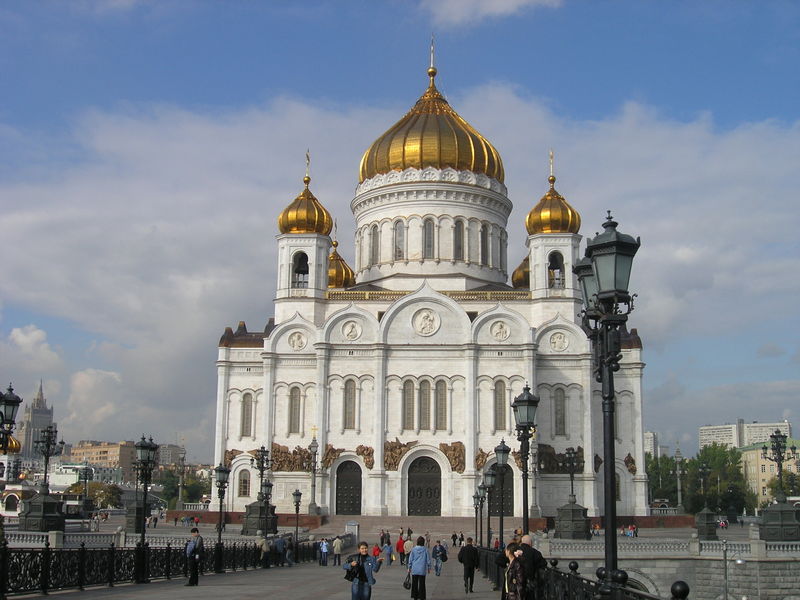
Dix Newell
Russia does not declare an official state religion. Religious freedom is explicitly called for in the Constitution of Russia. Religious freedom is a basic human right which the state is obligated to defend. Approximately 142 million people live in Russia, with almost 100 million of those people identifying themselves as Russian Orthodox Christians. However, only 5% (about 7 million) of Russians consider themselves observant. Minority religions include Islam, other Christian religions, Buddhism, and Judaism.
The government of Russia unevenly respects the religious freedom of individuals. Restrictions on foreign religious organizations create preferential treatment to certain organizations. Restrictions on religious freedom generally fall into four categories: registration of religious organizations; access to places of worship (including access to land and building permits); visas for foreign religious personnel; and government raids on religious organizations and detentions of individuals. Through these restrictions, ministries (described below) are able to inhibit the growth of new/foreign religions.
The Russian Orthodox Church (ROC) is a powerful political power. Being the largest denomination, they play a significant role in determining policy. For example, in July 2009 United Russia and Patriarch Kirill announced an agreement allowing the ROC to review all draft legislation pending before the State Duma.” Political leaders often use the ROC to bolster citizen confidence in a bill or during elections.
During Putin’s presidency, many voiced concerns over his relationship with the ROC. As Prime Minister, Vladimir Putin still retains this privileged affiliation with the ROC. In 2010, Putin announced that the government would help provide two billion rubles ($64 million) to restore ROC holy sites, monasteries, and churches destroyed by the Soviet government. These relationships between the government and the ROC are often criticized. However, there is little anyone can do to prevent such relationships.
Elections are often used to re-confirm a close bond between political elites and religious organizations. For example, during his 2012 presidential bid Putin met with a group of leaders of denominations that included traditional Russian religions such as Russian Orthodox, Muslims, Jews and Buddhists as well as non-traditional – Pentecostals and Adventists. During the meeting all participants of the meeting openly expressed their full support for Putin. For more, see the link below: